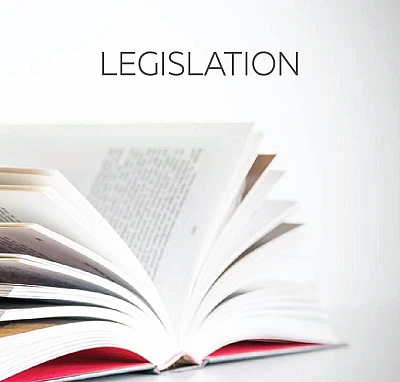ANGOLA
![]()
Executive Decree no. 365/17
Executive Decree no. 365/17, of 27 July 2017, sets a new regime for collection of public revenue, approving the Document of Collection (DC) in replacement of the former tax assessment document (DLI) and revenue collection document (DAR).
Amendments to the General Tax Code
Law no. 18/17, of 17 August 2017, has introduced some amendments to the General Tax Code, of which we would highlight the following:
- Taxpayers with more than 60% of their income obtained in a given tax year in foreign currency may, upon request, start paying their own taxes in Angola in foreign currency;
- The offset of tax credits with other public credits is now possible upon request from the tax authorities or by the taxpayer. The offset is subject to prior recognition by the Public Debt Management Unit (“Unidade de Gestão da Dívida Pública”).
This law entered into force on the date of its publication in the Official Gazette.
CABO VERDE
![]()
Decree Law no. 44/2017, of 21 of September
The tourist tax – introduced by the State Budget for the year of 2013 – has now been incorporated in the Cape Verdean tax system, being no longer subject to annual renewal through the approval of the State Budget.
The tourist tax is of 220$00 per night, with the maximum of 220.000$00 (10 nights) per person, per stay and applies to all travellers aged of at least 16 years and over.
DEMOCRATIC REPUBLIC OF CONGO (DRC)
![]()
Finance Law for 2017
The budget for 2017 has been published on 5 July 2017.
Among the various amendments introduced by the Finance Law, we would highlight the following:
Transfer pricing
Transfer pricing rules have been complemented and provide details on the implementation of the principle previously laid down in the law.
In addition, the deductibility, for corporate income tax purposes, of payments made to foreign companies which are registered in a country where they are subject to a privileged tax regime or in a non-cooperative country are subject to limitations.
Customs Duties
The rate of import duties is increased to 10% or 20%, depending on the nature of the imported goods (a list of which is annexed to the Finance Law).
Export of mining products is subject to duties at 1.5, 3, 5 or 10%, depending on their nature (list annexed to the Finance Law).
From a customs procedural perspective, late interest and extended statute of limitation periods (up to 9 years) are also provided by the Finance Law.
VAT
Before the production phase, imports of goods (with the exception of petroleum products) by mining companies are now exempt from VAT. This exemption is however not applicable to subcontractors.
SAO TOME AND PRINCIPE
![]()
Law No. 14/2017, 5 of September
Approves the Accountants and Auditors Bar Association, defining the legal status, rules, requirements and prerogatives granted to this professionals for the provision of services in Sao Tome. The provision of these activities in Sao Tome and Principe requires prior approval and registration in the newly created Bar Association.
TIMOR-LESTE
![]()
Credit guarantee schemes for small and medium-sized enterprises
In order to overcome several constraints in acceding to the financial system, the Government has enacted through Decree-Law no. 23/2017, of 12th June, a system of credit guarantee schemes for small and medium-sized enterprises (SGC) managed by the Central Bank of Timor-Leste.
SGC covers up to 70% of the credit granted by bank institutions to Timorese self-employed entrepreneurs and Timorese commercial companies directly or indirectly owned in more than 75% by Timorese citizens which employ less than 50 employees and comply with all legal requirements.
CÔTE D’IVOIRE
![]()
Service Note no. 2705/MBPE/DGI/DLCD-SDL of 24 july 2017
The General Director for Taxes has instructed his services to inform him of any infringements of the tax law that may be subject to criminal proceedings. The General Director for Taxes is indeed one of the officials entitled to initiate such proceedings. However, in practice, he does not receive the information allowing him to do so.
This is a clear signal for a more transparent and efficient tax collection, through the fight against fraud and tax evasion.
All information contained herein are of general nature and for informational purposes only. It does not therefore intend to be nor shall be construed as legal advice on any of the matters addressed.
